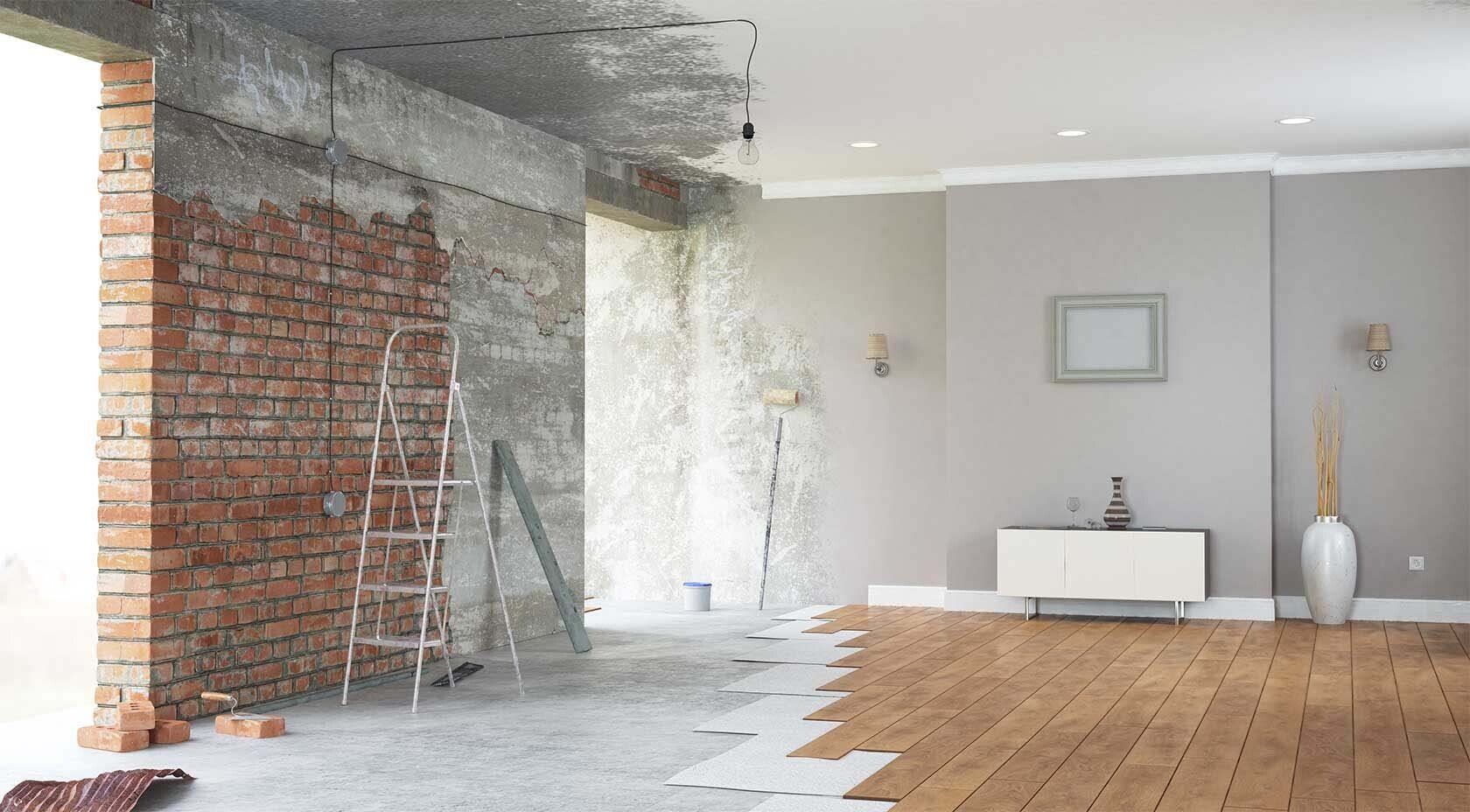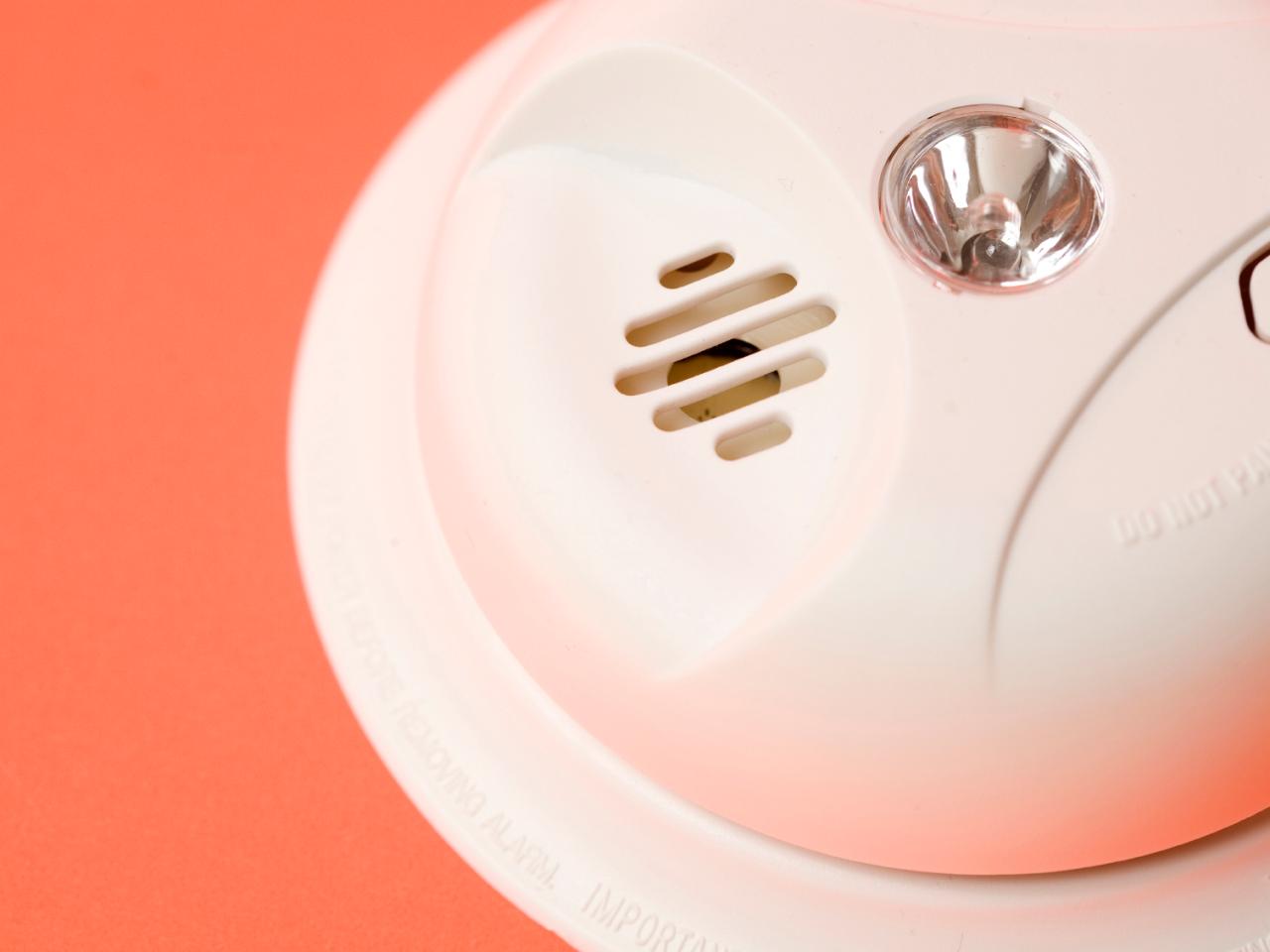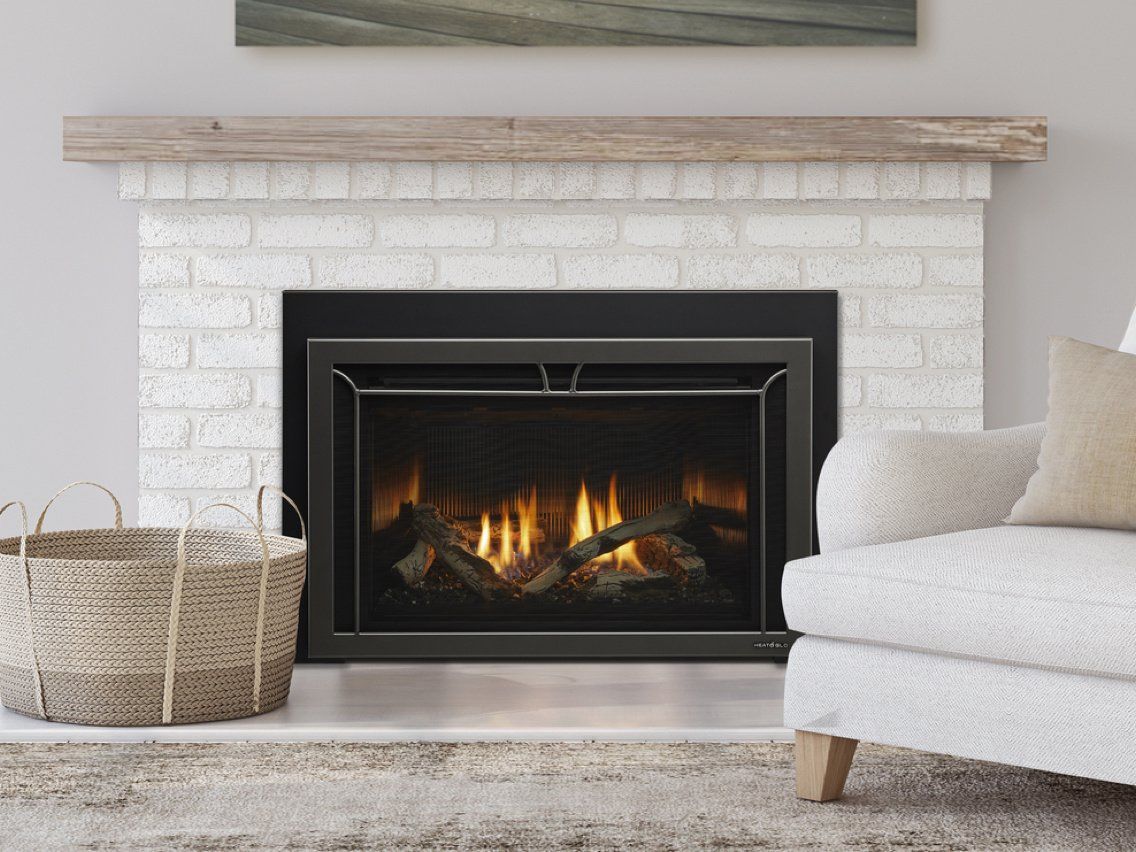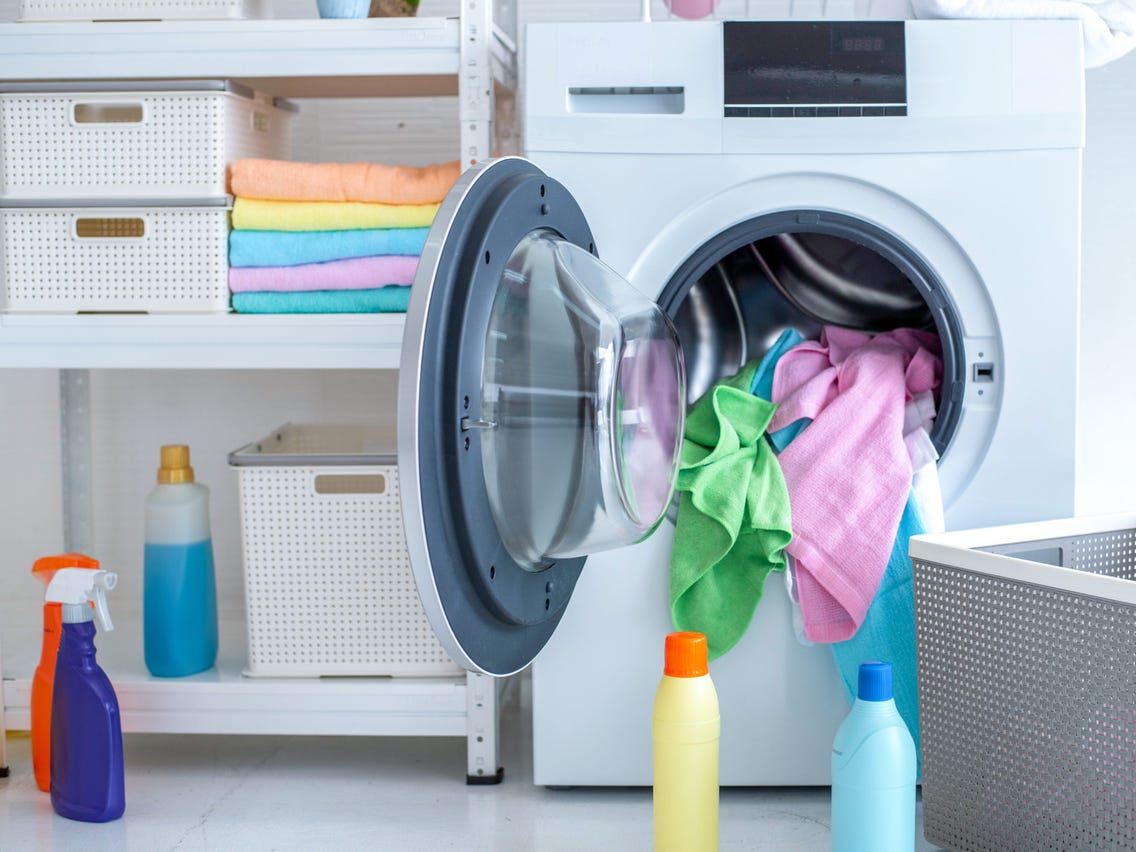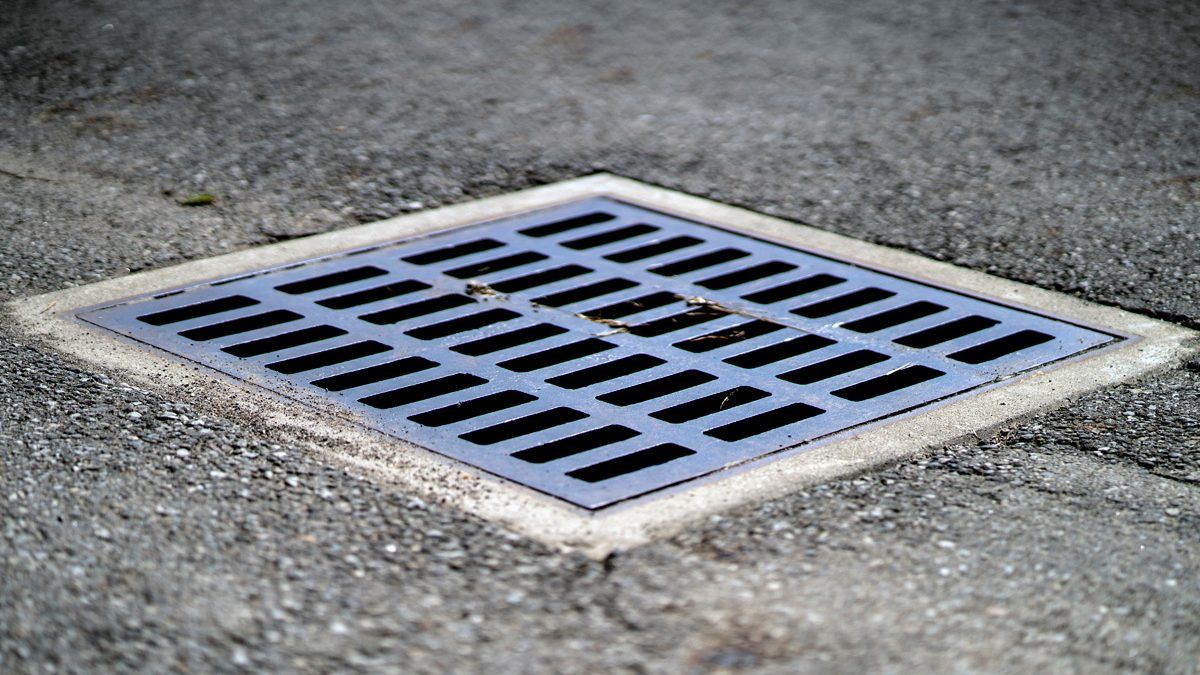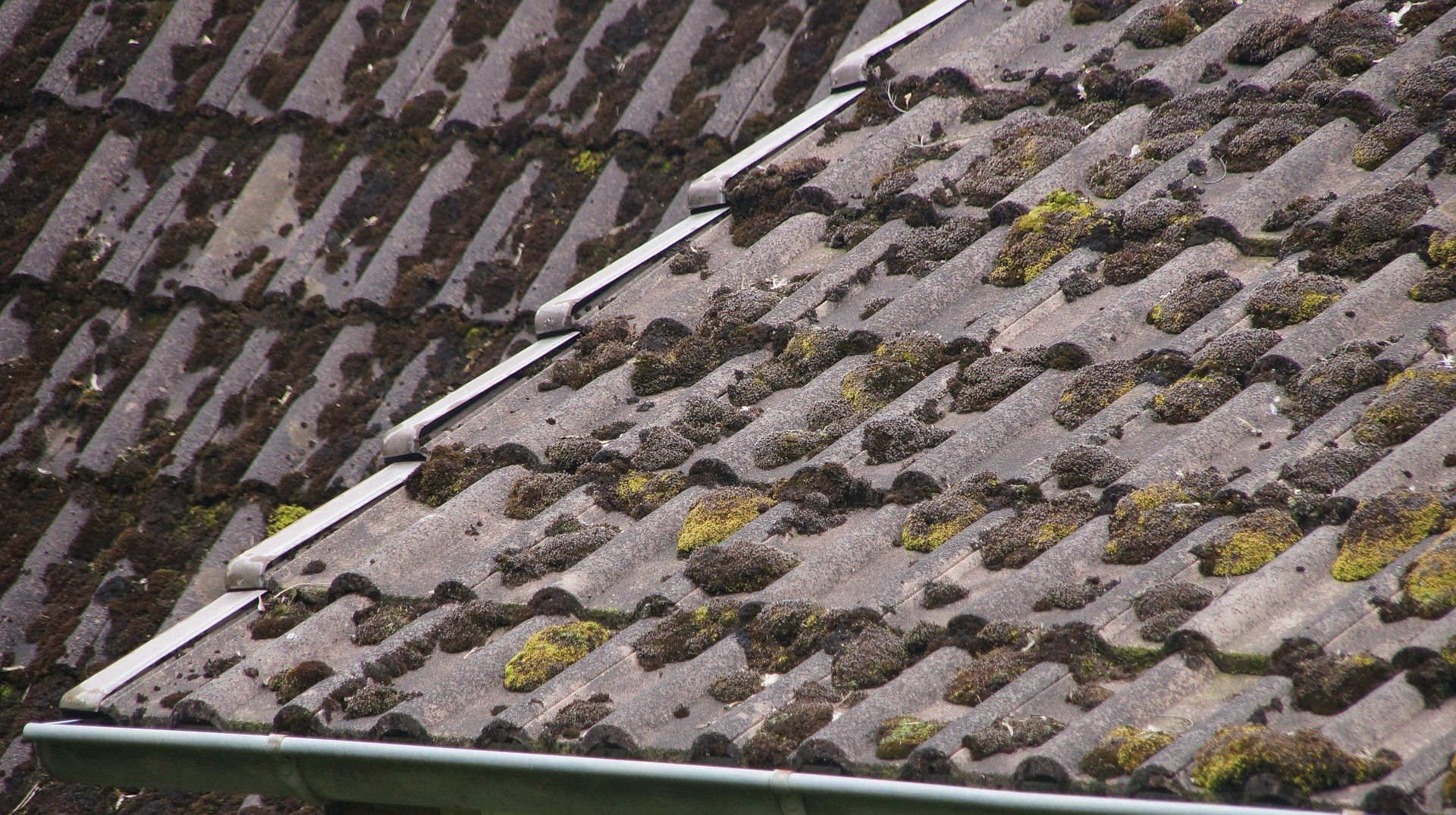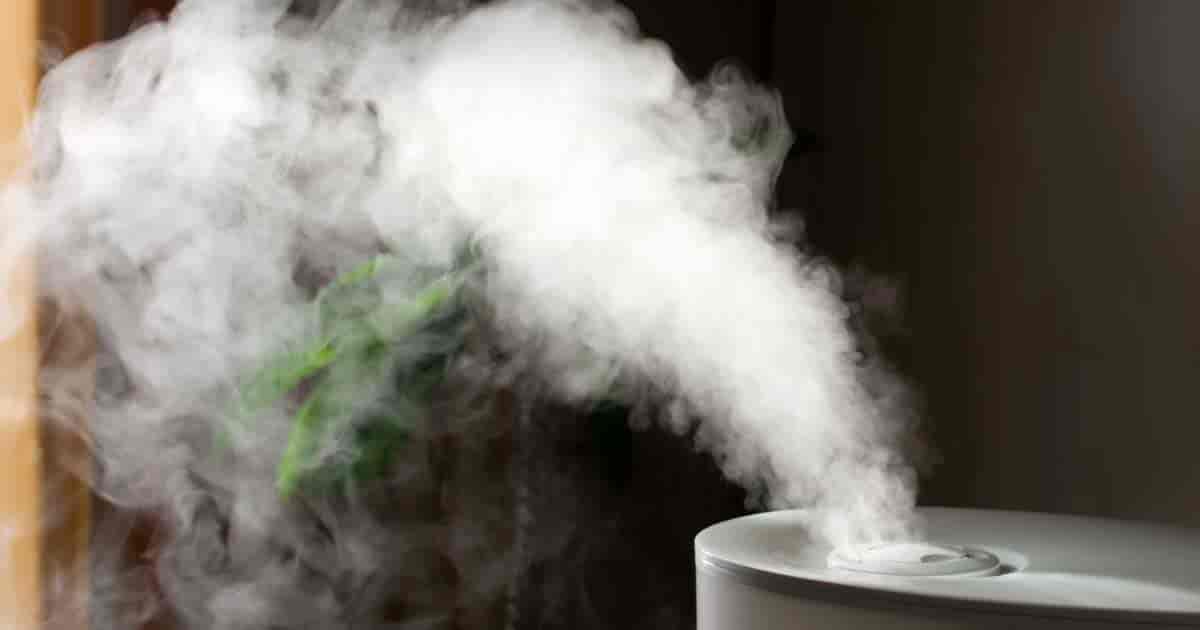Do you know how to protect yourself, your home and business Before and after a Flood? Part 2
Sherrie Howe • October 23, 2020
Steps to take after a flood in Lake Havasu
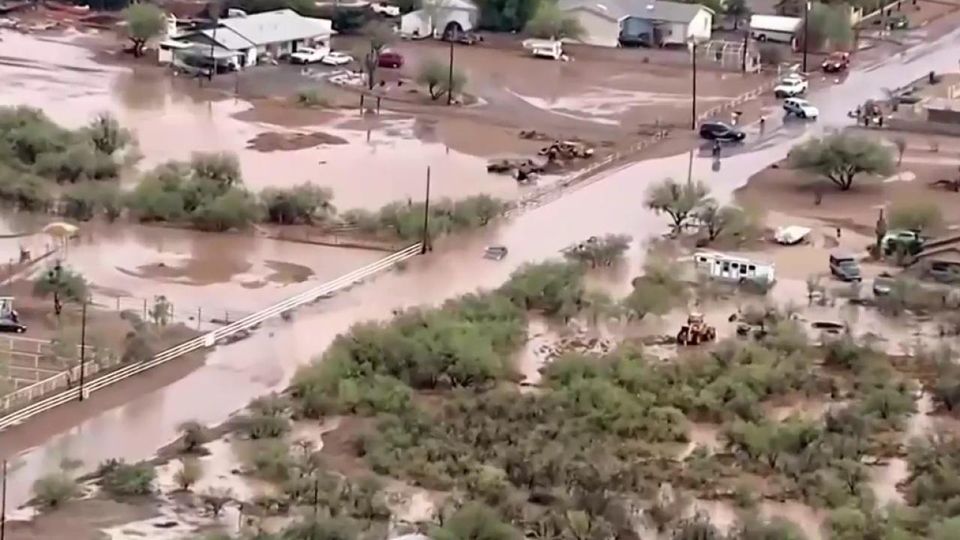
Do you know how to protect yourself, your home and business Before and After a Flood?
Part 2. After the flood!
Flooding and water damage can happen in Lake Havasu, AZ. Be smart and prepared so you don’t suffer any injuries and always pay attention to the warnings coming your way. In part 1, we covered preparedness. Now comes part 2, after the flood.
- If you can, turn on a radio or TV to find out where to obtain medical care if needed
- At all costs, avoid handling any live electrical equipment in wet areas and have a professional check them before turning them back on
- Do not use any foods that have come into contact with flood water unless the vessel can be cleans and sanitized, such as glass or cans.
- Stay clear of disaster areas to allow emergency crews to do their jobs.
- Stay out of flood water buildings if they have floodwaters covering the first floor.
- Use only battery powered flashlights or lanterns to avoid explosion if there is a gas leak.
- Before using water, check with your local authorities. Wells should be pumped and water tested before consumption.
- Water should only be pumped out of basements at the rate of 1/3 per day to prevent/lessen the damage to basement walls and foundation.
- Report downed utility lines and have your electric or gas company check your power before turning back on. You may have a gas leak.
- Contact your flood insurance agent and let them know you have a loss. Keep a record of your losses.
Follow these guidelines to keep you and your family safe, After the Flood!
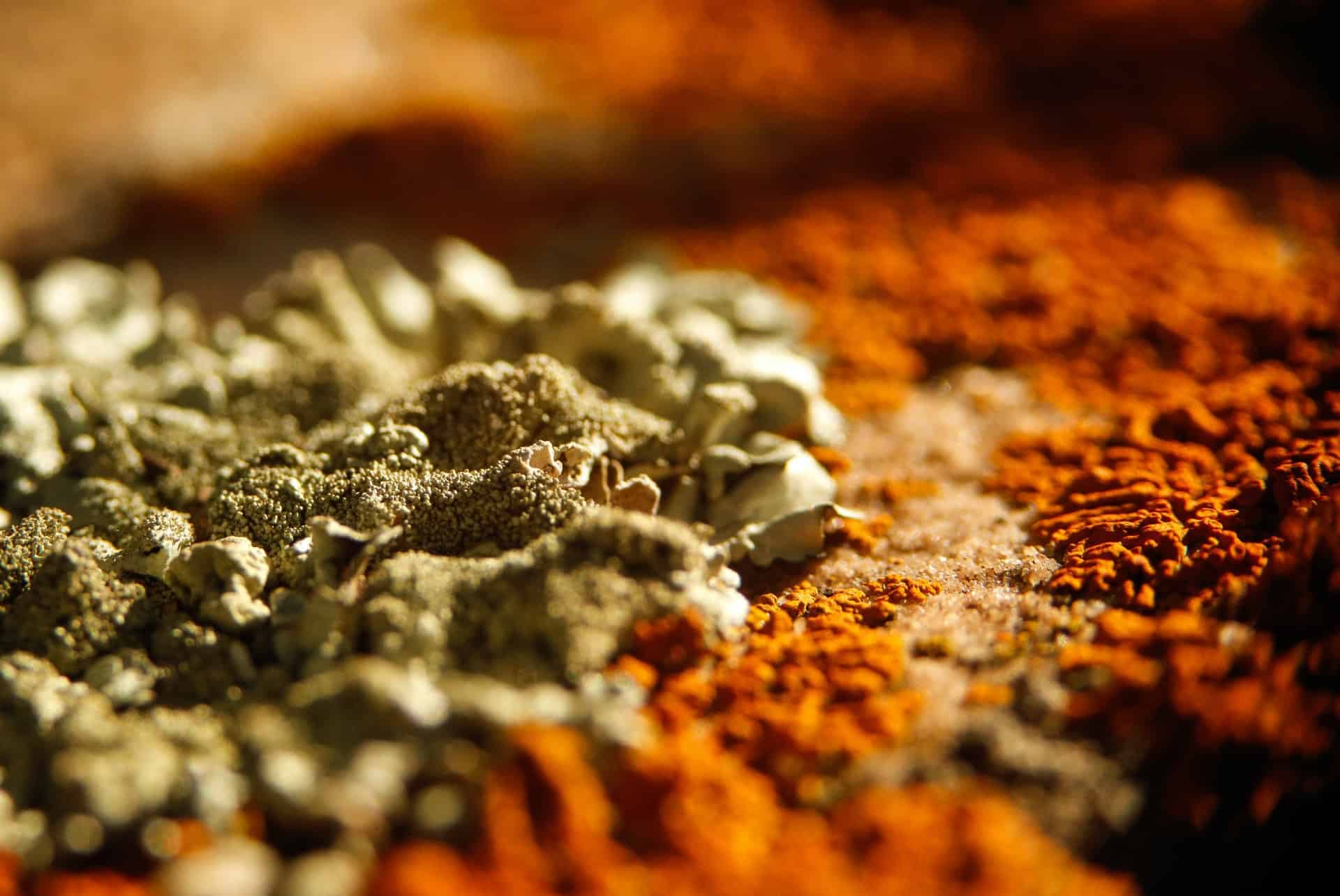
Throughout our world, there are many different types and ways of describing molds. In a typical room, there are 500-700 mold spores on average, and they are microscopic and all over. Living in an environment with mold spores or colonies can have adverse effects on one's health. Mold is relatively common, though some species, such as orange colonies, are less well-known.

